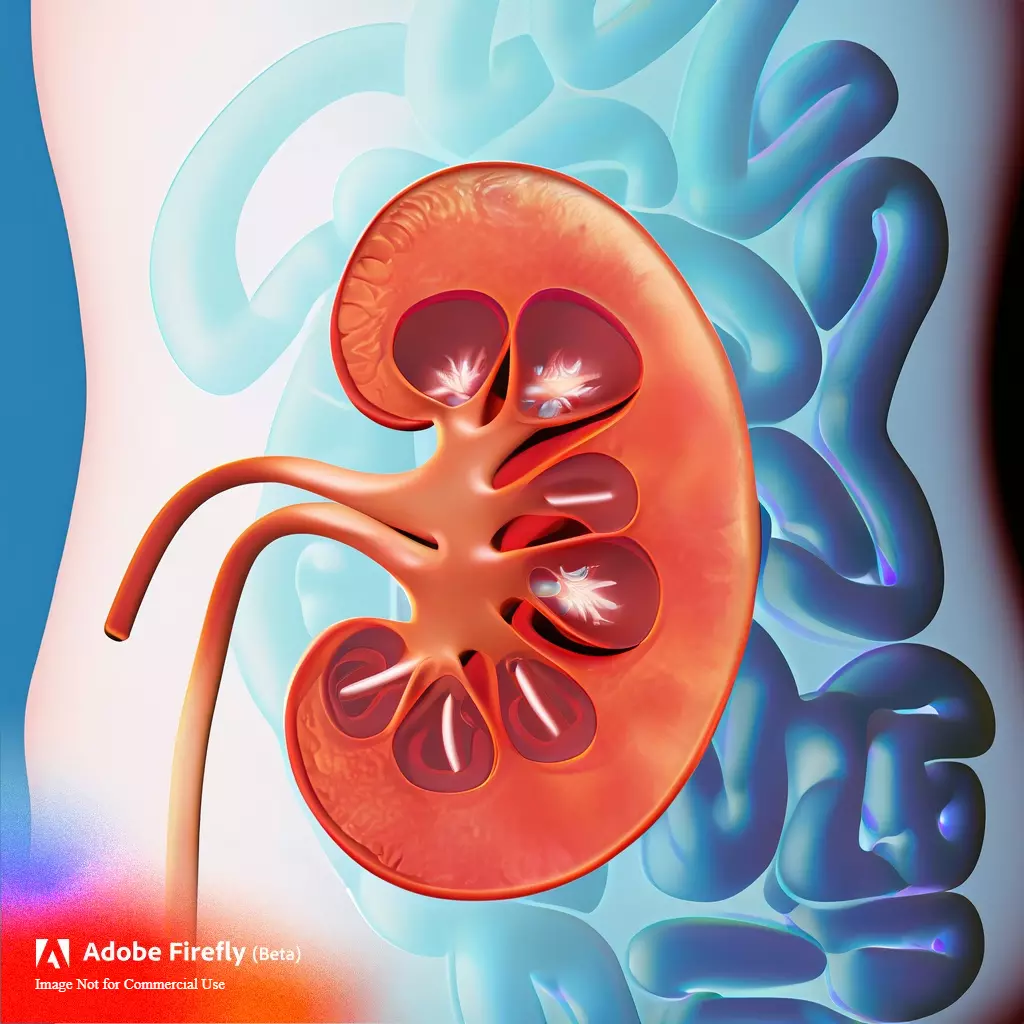Kidney disease is a common health condition that affects millions of people worldwide. Managing kidney disease often requires dietary adjustments to control blood pressure and maintain proper kidney function. One dietary consideration is salt intake, as excessive salt can contribute to high blood pressure and exacerbate kidney damage. In recent years, salt alternatives have gained popularity as a potential solution for individuals with kidney disease looking to reduce their sodium intake. However, there are concerns about the safety of these alternatives. In this article, we will explore the safety of salt alternatives for people with kidney disease.
Understanding Kidney Disease
Before delving into salt alternatives, it’s essential to understand kidney disease and its dietary implications. Kidneys play a vital role in maintaining fluid and electrolyte balance in the body. When kidney function declines, the body may retain excess sodium, leading to fluid retention and elevated blood pressure. This can worsen kidney function and increase the risk of cardiovascular complications.
The Role of Sodium in Kidney Disease
Sodium is a mineral found in salt and many processed foods. It plays a crucial role in regulating blood pressure and maintaining proper muscle and nerve function. However, excessive sodium intake can be harmful, particularly for those with kidney disease. High sodium levels can lead to hypertension, fluid buildup, and kidney damage. Therefore, reducing sodium intake is often recommended for individuals with kidney disease.
Salt Alternatives: Are They Safe?
Salt alternatives, such as potassium chloride and low-sodium salt, have emerged as potential solutions to reduce sodium intake while preserving flavor. These substitutes are typically marketed as healthier alternatives to traditional table salt (sodium chloride). However, their safety for people with kidney disease is a subject of debate.
Potassium Chloride: Potassium chloride is a salt substitute that can replace some or all of the sodium chloride in your diet. It can help reduce sodium intake while providing essential potassium, which can be beneficial for heart health. However, individuals with kidney disease often have impaired potassium excretion, which can lead to high blood potassium levels (hyperkalemia). Therefore, using potassium chloride should be monitored closely by a healthcare professional.
Low-Sodium Salt: Low-sodium salt blends contain a mixture of sodium chloride and potassium chloride. While these blends can be a useful tool for reducing sodium intake, they may still contain significant amounts of sodium, which can be a concern for individuals with kidney disease. It is crucial to read labels carefully and follow recommended serving sizes.
Individualized Approach: The safety of salt alternatives depends on the individual’s specific kidney function and overall health. Before incorporating these alternatives into the diet, individuals with kidney disease should consult with a registered dietitian or healthcare provider. They can assess the patient’s nutritional needs and recommend an appropriate plan that balances sodium reduction and potassium intake.
Salt alternatives can be valuable tools for individuals with kidney disease looking to reduce sodium intake and manage their condition. However, their safety hinges on careful monitoring and individualized recommendations. It is essential for people with kidney disease to work closely with healthcare professionals to create a dietary plan that addresses their unique needs and minimizes the risks associated with salt alternatives. By doing so, they can strike a balance between flavor and kidney health, ultimately improving their overall well-being.
Also Read: The Challenge Of Air Quality: Nearly Everyone In Europe Breaths Polluted Air
https://thelogicalindian.com/h-upload/2023/09/13/500x300_233429-firefly-images-of-kidney-20603.webp
Trending
2023-09-13 11:47:46.0
How Safe Are Salt Alternatives For Individuals With Kidney Disease?













